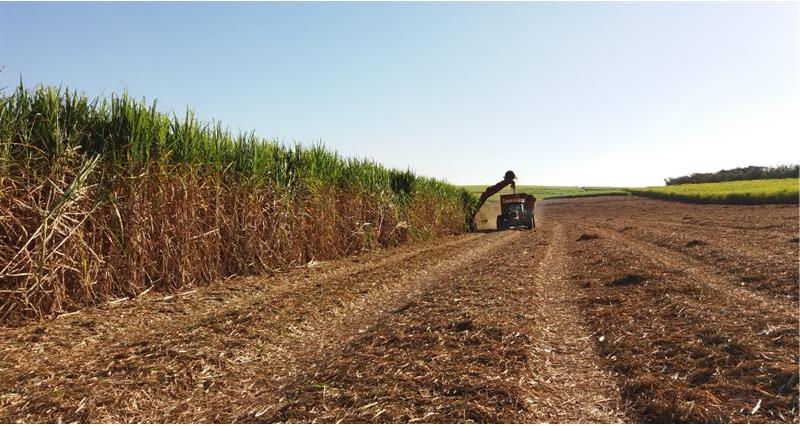Introduced in 2021, the ATQ allows tariff-free access for 260,000t of raw cane sugar into the UK from anywhere in the world.
�ʼһ���responded to September’s extremely short (two-week) government consultation, rejecting the concept that expansion of the ATQ might reduce current high sugar prices and so help alleviate inflationary pressure on the cost of a basket of consumer goods. It also met with Defra, the Department for Business and Trade, and Treasury officials.
On 15 November, the government announced that it would not be expanding the ATQ for the remainder of 2023.
Board chair’s verdict
Responding to the news, NFU Sugar Board chair Michael Sly said that while the decision was welcome, “we continue to consider a zero-tariff quota for raw cane sugar highly concerning, unjustified, and unnecessary”.
“British sugar beet growers are some of the most efficient in the world but allowing tariff free access to sugar from any country, produced in ways that would be illegal in the UK, simply undercuts them. This quota system also undermines the existing preferential access granted to developing countries.
“We remain fundamentally opposed to an ATQ for raw cane sugar, regardless of its size,” Michael added.
The continued threat to UK growers
Granting tariff-free access to sugar produced anywhere in the world opens the UK up to imports produced in ways which are illegal in the UK, and so undermines the competitiveness of domestic sugar beet growers.
“We continue to consider a zero-tariff quota for raw cane sugar highly concerning, unjustified, and unnecessar��.”
NFU Sugar Board chair Michael Sly
This comes at a time when the homegrown beet sector is already contending with the cumulative effect of trade deals granting considerable market access to major global sugar producers, including Australia.
The majority of UK raw cane sugar imports come from Brazil, accounting for 52% of non-EU imports in 2021, 64% in 2022, and 70% to July this year. Brazilian growers have access to a number of plant protection products which are illegal here in the UK.

Despite the increasing global sugar deficit, the availability of Brazilian raw cane continues to grow, with exports forecast to rise by 15% in 2023/24.
The global picture
The price of white sugar in the UK is largely dependent upon the global price of sugar. Driven by a growing global sugar deficit, the price continues to rise; in June average EU white sugar prices reached a record high of €817/t.
The inflationary pressure of high sugar prices on a basket of consumer goods, therefore, is not rooted in UK trade policy but the global availability of sugar.
Impact on ACP/LDC producers
The government is committed to supporting the development of ACP (African, Caribbean & Pacific) and LDCs (Least Developed Countries) through its preferential trade agreements. Since the introduction of the ATQ however, imports of raw cane sugar from ACP/LDC producers have fallen year-on-year, contracting by a total of 73%, while during the same period imports from Brazil have increased by 206%.
Just 16,000t of raw sugar for refining has been imported from ACP/LDC countries with duty-free and tariff-free access in 2023 according to HMRC data, suggesting a near complete displacement of these traditional suppliers with world market raw sugar.
UK Sugar beet growers were able to take advantage of high global sugar prices and sell their 2023/24 sugar beet for over £63/t on the innovative futures-linked beet contract.
The raw sugar cane ATQ, regardless of its size, constitutes a tangible exclusion of the developing economies the UK Government claims it is committed to supporting.


